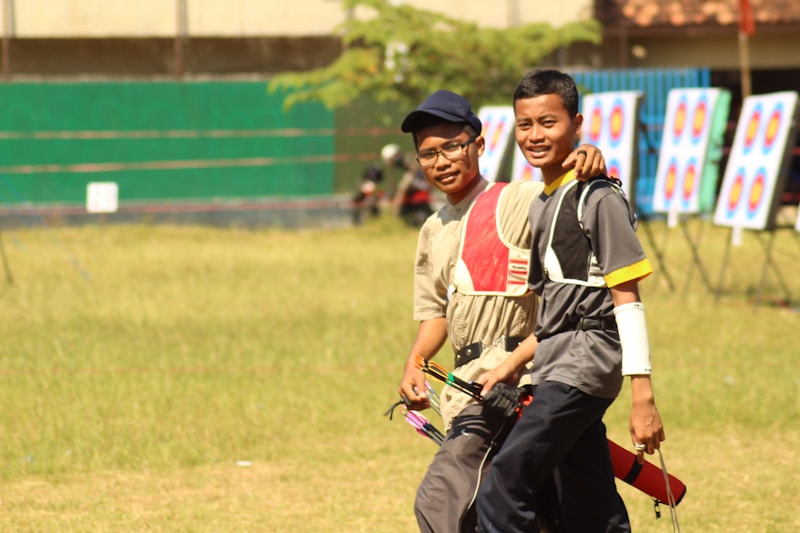10 Questions
What is the definition of a leader?
Someone who challenges the status quo
What is motivation?
A process by which a person's efforts are directed towards attaining a goal
What is the difference between leaders and managers according to the text?
Leaders challenge the status quo and create visions of the future, managers oversee day-to-day operations
According to Maslow's Hierarchy of Needs Theory, what must individuals satisfy before they can satisfy higher-order needs?
Lower-order needs
What is required for optimal effectiveness according to the text?
Both strong leadership and strong management
According to Maslow's Hierarchy of Needs, which need is considered a higher-order (internal) need?
Self-actualization
Which theory assumes that workers can exercise self-direction, desire responsibility, and like to work?
Theory Y
What does 'transfer' mean in the context of communication?
The message was received in a form that can be interpreted by the receiver
What function of communication involves formal and informal communications that act to control individuals’ behaviors in organizations?
Control
In interpersonal communication, what constitutes nonverbal messages?
Facial expressions, eye contact, body language, and tone
Study Notes
Leadership and Management
- A leader is an individual who guides and influences others to achieve a common goal or vision
- Key difference: leaders focus on people, while managers focus on systems and processes
Motivation
- Motivation is the reason or stimulus that drives individuals to take action or achieve a goal
- According to Maslow's Hierarchy of Needs Theory:
- Basic physiological needs (e.g., food, water, shelter) must be satisfied before higher-order needs can be addressed
- Higher-order needs include esteem, social, and self-actualization
Organizational Effectiveness
- Optimal effectiveness requires a combination of individual and organizational factors, including motivation, leadership, and communication
Communication
- Transfer in communication refers to the process of conveying information from the sender to the receiver
- Control function of communication involves formal and informal communications that guide and regulate individuals' behaviors in organizations
Interpersonal Communication
- Nonverbal messages in interpersonal communication include facial expressions, body language, tone of voice, and other cues that convey meaning beyond spoken words
This quiz focuses on contrasting leadership and management, highlighting the differences in roles and responsibilities. It covers the influence of leaders, the creation of visions, and the formulation of detailed plans by managers.
Make Your Own Quizzes and Flashcards
Convert your notes into interactive study material.




